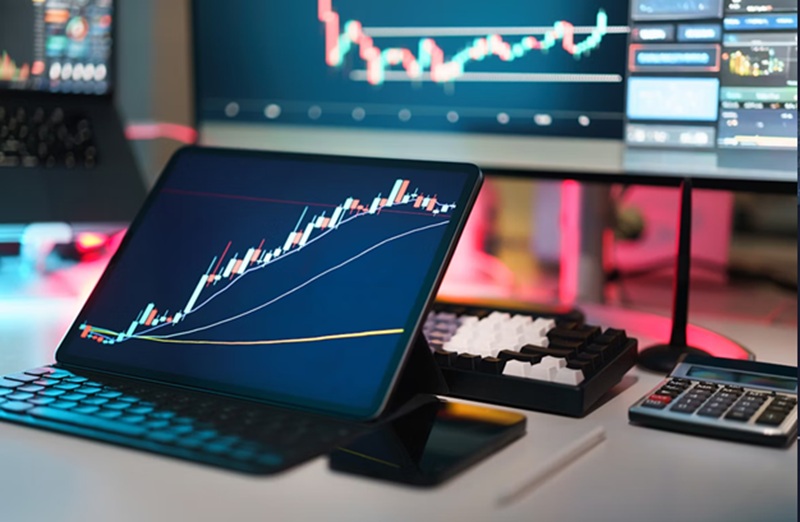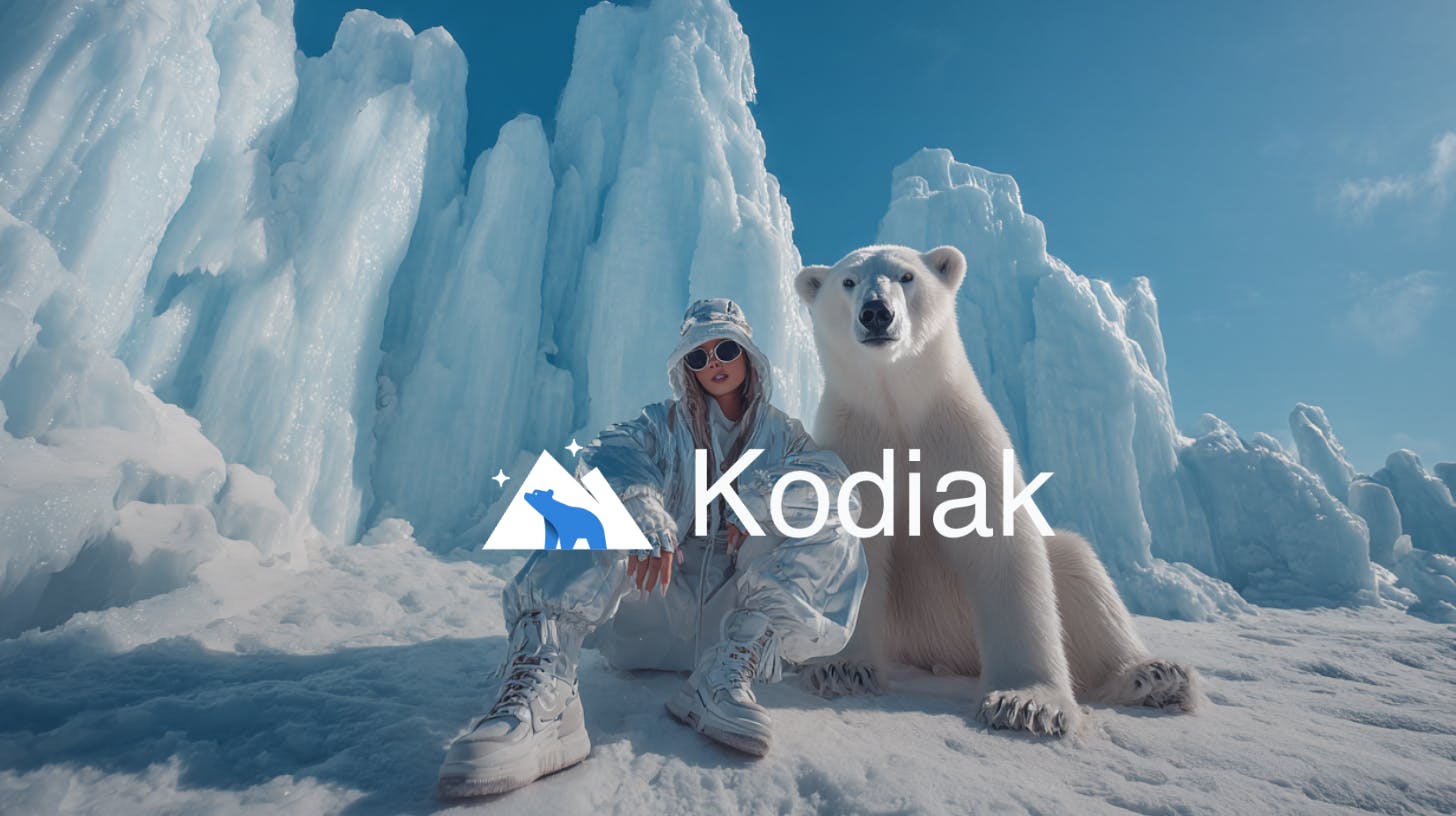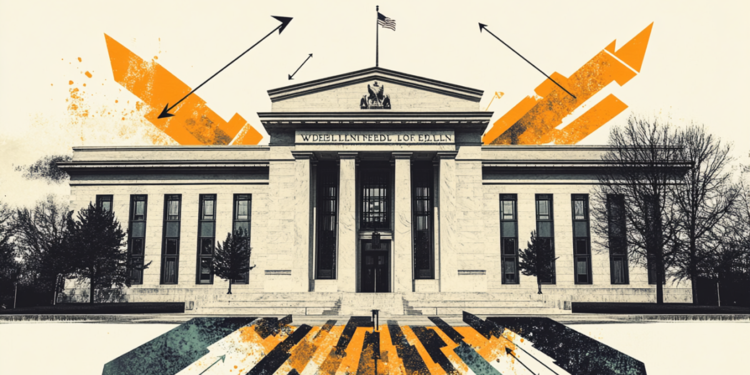Investor Howard Marks Says AI Stocks Are ‘High but Not Crazy,’ Rejects Bubble Talk—for Now


Veteran investor Howard Marks, co-founder of Oaktree Capital Management, says the artificial intelligence (AI) boom dominating global stock markets does not yet meet the conditions of a speculative bubble, even though valuations have soared to unprecedented levels.
Speaking Monday in an interview with CNBC’s Sara Eisen, Marks said his response to growing speculation about an AI-driven market bubble is simple: valuations are “high but not crazy.”
“Expensive and going down tomorrow are not synonymous,” he said.
Register for Tekedia Mini-MBA edition 18 (Sep 15 – Dec 6, 2025): registration continues.
Tekedia AI in Business Masterclass opens registrations.
Join Tekedia Capital Syndicate and co-invest in great global startups.
Register for Tekedia AI Lab: From Technical Design to Deployment.
Marks, widely regarded for his decades of writing on market cycles, risk perception, and investor psychology, explained that while enthusiasm for AI stocks is clearly intense, it has not yet crossed the threshold into irrational mania.
“To me, the main ingredient in bubbles is psychological excess — some kind of temporary mania,” he said. “For a company in this sector or industry, there’s no such thing as a price too high. And I don’t detect that level of mania at this time, so I have not put the bubble label on this incident. It just hasn’t reached that critical mass of mania.”
Cautious Optimism Amid Soaring Valuations
Investors have poured billions into AI-linked companies this year — from chipmakers like Nvidia and AMD to software firms building large-scale generative AI systems — pushing valuations to historic highs.

The rapid rally has sparked debate among market analysts about whether the boom is sustainable or driven by fear of missing out (FOMO). But Marks insists that optimism alone doesn’t equal irrational exuberance.
“People are counting on AI for a lot,” he said. “I think that it’s probably going to deliver a lot. We have no idea what it’s going to deliver, when, or in what form. And I’ve made the judgment that it’s not manic behavior.”
Lessons from the Dot-Com Era
Marks drew parallels between today’s AI surge and the late 1990s internet boom, which transformed the world but also left behind a trail of failed startups and investor losses.

“Back in ’99, people said the internet will change the world. And it certainly did,” he said. “But the vast majority of the companies that went public for the internet and e-commerce in ’98, ’99, early 2000 ended up worthless.”
He said that period offers a valuable lesson about investor psychology — particularly the assumption that every company in a transformative industry will succeed.
Marks implied that investors assume that the current leaders will remain dominant, that even the laggards will prosper, and that any company with a small chance of massive success is worth backing.
“A company with a 2% chance of going up 100x is still a winner. And I think that’s a reach too far. That’s bubble psychology.”
AI’s Promise Still Outweighs Fear
For now, Marks said, AI’s transformative potential is undeniable, and unlike the speculative excesses of the dot-com bubble, most investors seem to be channeling their capital toward companies with genuine products, earnings, and technological relevance.
He credited the fundamental advances in computing power, machine learning models, and enterprise adoption of AI tools for supporting much of the current optimism, though he warned that expectations for “instant results” could still lead to market overreactions.
Analysts say Marks’ remarks carry particular weight because of his track record predicting market turning points, including warnings about the excesses that led to the 2008 financial crisis.
His perspective contrasts with that of some market commentators who have begun drawing sharper comparisons between the current AI rally and past speculative frenzies. But Marks’ restraint underlines his belief that the market has not yet tipped into mania.
The Bottom Line
Howard Marks’ take on the AI market boom is that valuations are stretched, but not detached from reality. While investor excitement is intense, he does not yet see the unanchored euphoria or “it can only go up” mindset that defines a classic bubble.
In his words, “It’s not manic behavior.”
The longtime market watcher’s conclusion offers a tempered reminder that AI may indeed reshape industries — but history shows that even revolutions take time to price in.





